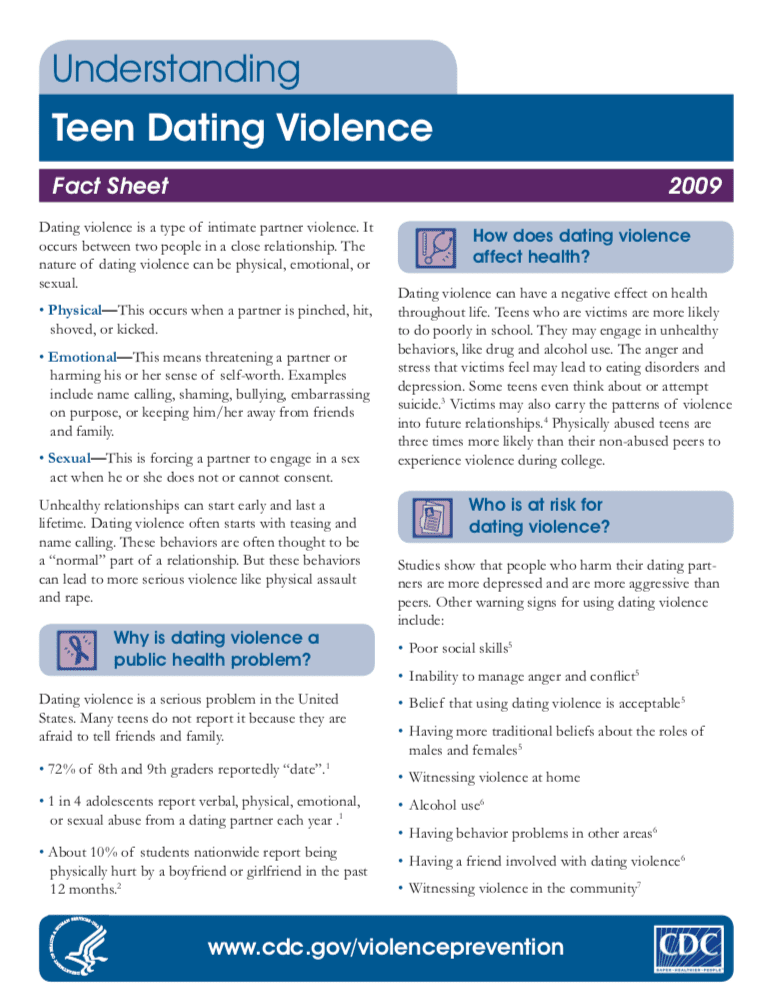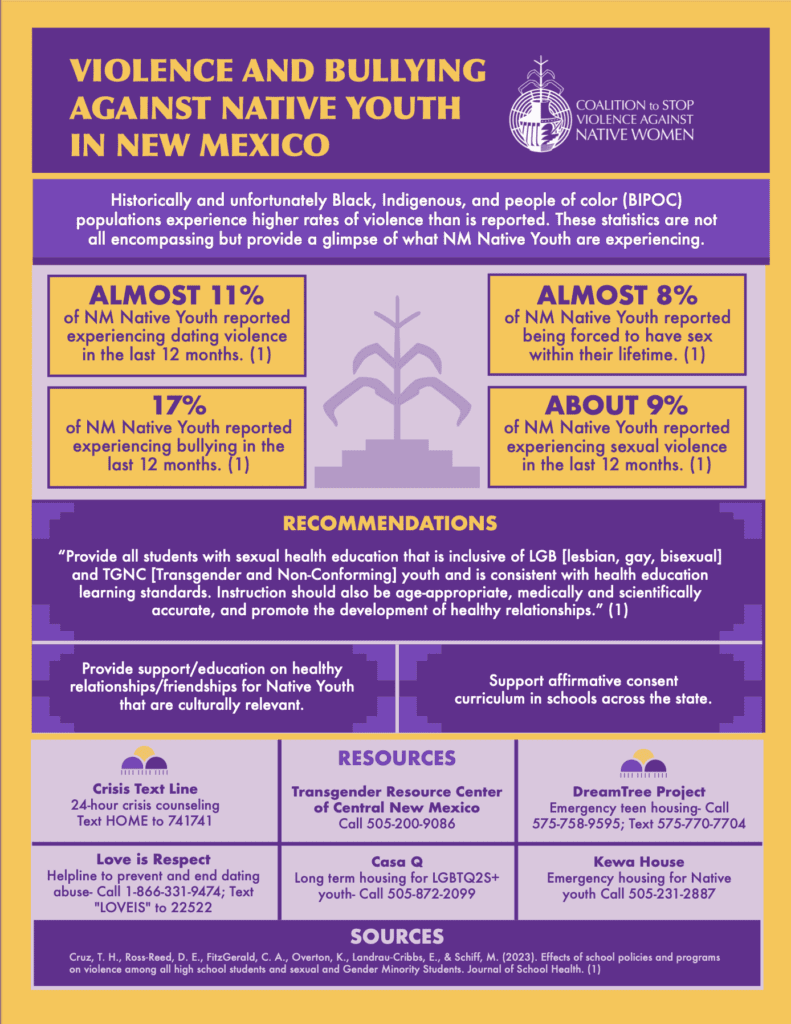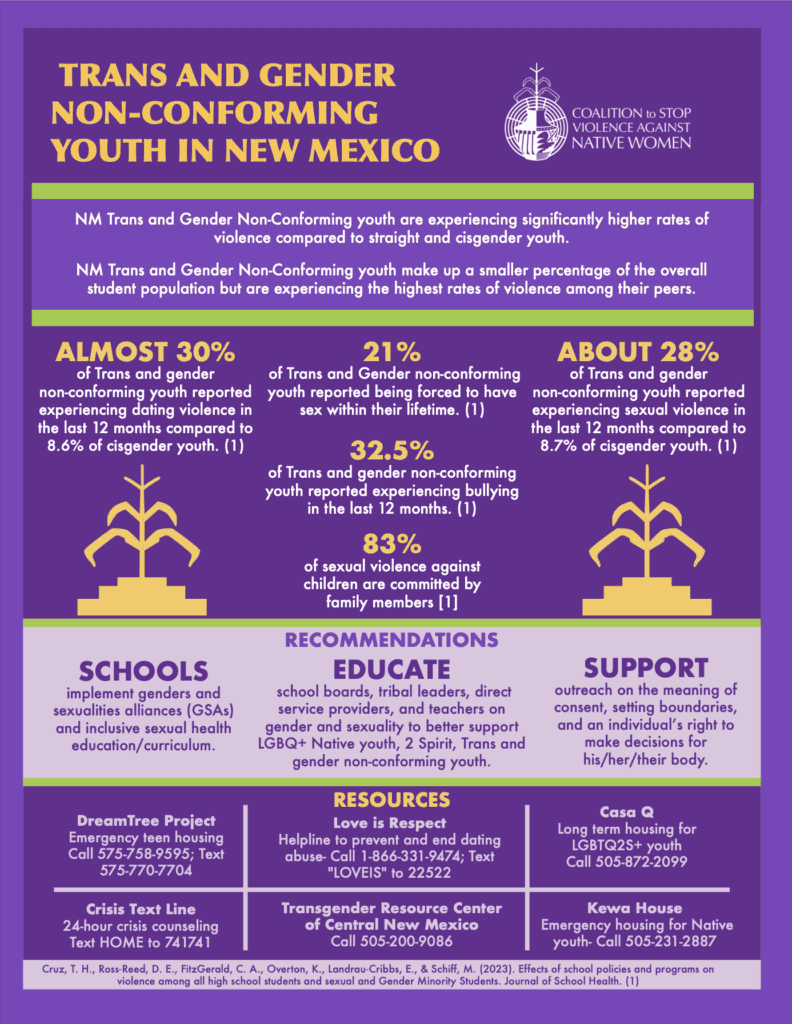At CSVANW, we believe that each of our Native youth carry within them, the hopes, visions, prayers and songs of their ancestors. We believe that they carry within them, the resilience of their families and their communities. We honor our Native youth, as the future leaders of our communities and as a vital contributor to mobilizing strength-based solutions to the challenges our communities face today. And we empower our Native youth… to join us in eliminating violence against our Native women and children.
What is Teen Dating Violence?
Teen dating violence is a type of violence that happens between two young people in a relationship. The nature of the harmful and aggressive behavior can be physical, emotional, sexual or technological abuse:
- Physical – For example, when a partner is pinched, hit, bit, shoved or kicked.
- Emotional – This action can involve threatening a partner or harming a partner’s sense of self-worth. Some examples include name-calling, shaming, bullying, embarrassing on purpose, or keeping the partner away from friends and family.
- Sexual – This is forcing a partner to engage in a sex act when he or she does not or cannot consent. Unhealthy relationships can start early and last a lifetime. Dating violence often starts with teasing and name calling. These behaviors are often thought to be a “normal” part of a relationship. But these behaviors can lead to more serious violence like physical assault and rape.
- Technological– Using social media to harass, stalk, bully, shame, embarrass or humiliate.
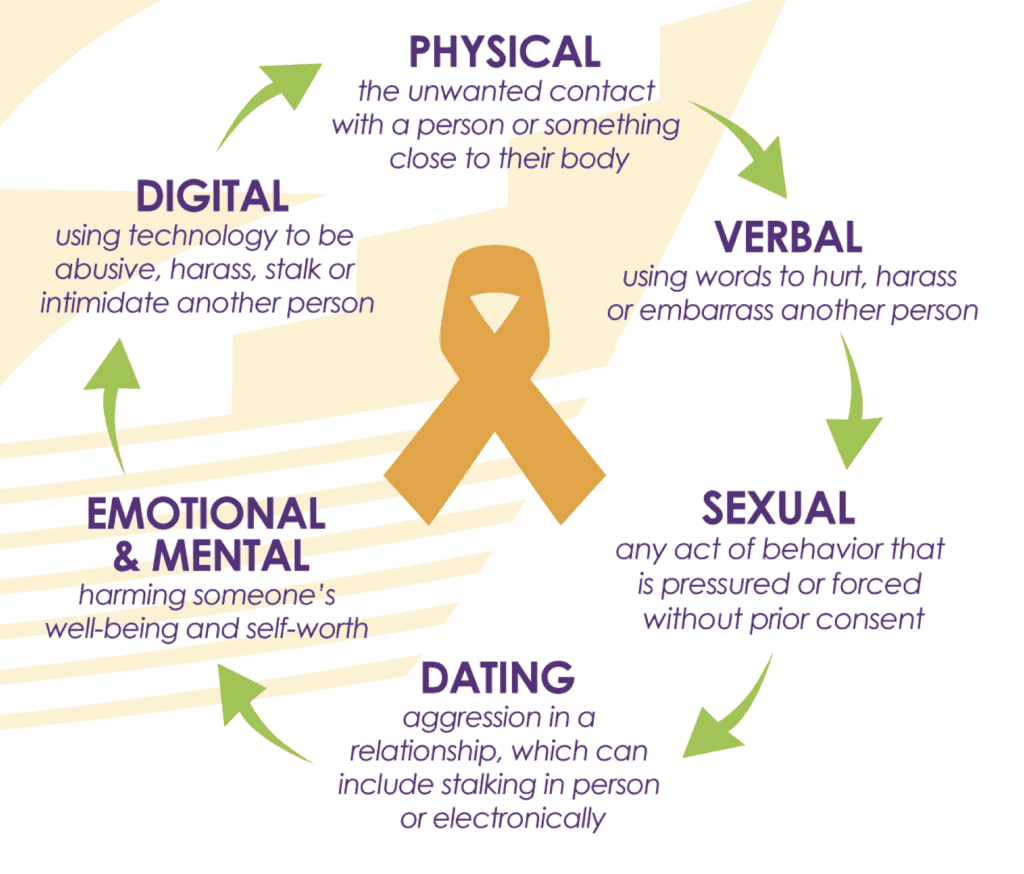
Teen Dating Violence Statistics
(Source: https://bit.ly/3iWCv9g)
(Source: https://bit.ly/3iWCv9g)
(According to a report by the U.S. Attorney General’s office release on November 18, 2014.)
Learn the Warning Signs of Abuse
Relationships exist on a spectrum and it can sometimes be hard to tell when a behavior goes from healthy to unhealthy or even abusive. Typical warnings signs include:
- Checking your phone, email, or social media accounts without your permission.
- Putting you down frequently, especially in front of others.
- Isolating you from friends or family (physically, financially, or emotionally).
- Extreme jealousy or insecurity.
- Explosive outbursts, temper, or mood swings.
- Any form of physical harm.
- Possessiveness or controlling behavior.
- Pressuring you or forcing you to have sex.
(Source: loveisrespect.com)
Dating violence can have a negative effect on health throughout life. Teens who are victims are more likely to do poorly in school. They may engage in unhealthy behaviors, like drug and alcohol use. The anger and stress that victims feel may lead to eating disorders and depression. Some teens even think about or attempt suicide.
Although the challenges that our tribal communities face may be staggering, there is a light of resilience building up within our Native youth. They are powerful, creative, innovative and passionate.
Learn what’s essential in a healthy relationship
While no two relationships look the same and different people may define relationships in different ways, there are a few key things that must be present in all relationships for it to be healthy:
Respect – Equality – Honesty – Trust – Communication – Boundaries – Consent
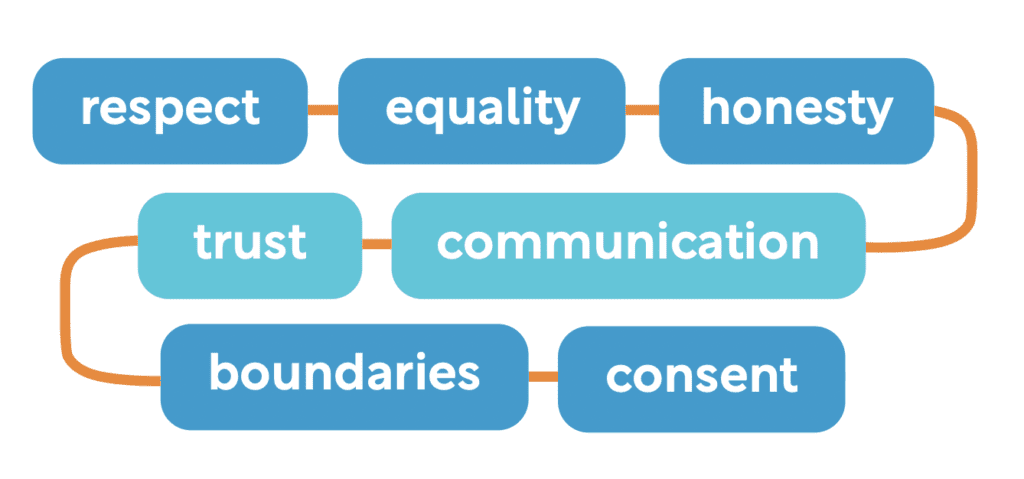
Teen Dating Violence Resources
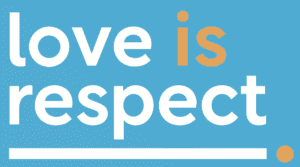
Mission: love is respect is an initiative that engages, educates, and empowers young people to prevent and end abusive relationships. love is respect was established in 2007 by the National Domestic Violence Hotline in response to a national discourse about the need for prevention services, especially among teens.
love is respect is a safe, inclusive space where teens and young adults can access information and get support in an environment designed specifically for them.
Learn more: All of our resources, including live-advocate support, are free, confidential and 24/7/365.
On This Page:

